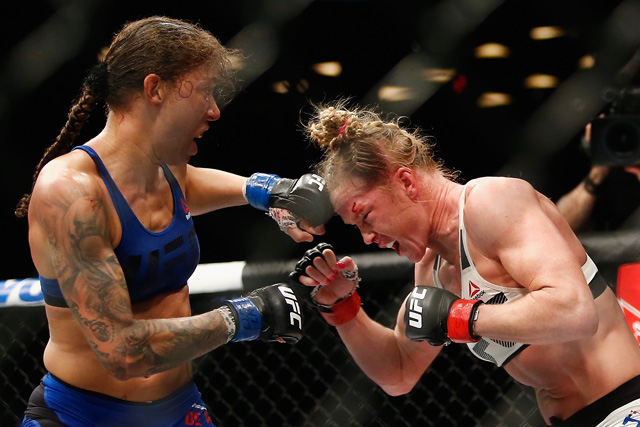“Around the same time we were D.A.R.E.’d to resist drugs in elementary school, we were also taught that “cheaters never prosper.” These are strange messages to process for most pre-teens. Apparently, the enemy was among us — standing in line for the slide, punching the tetherball, swinging from the monkey bars — ready to pass out free drugs and/or hurriedly copy answers onto their arithmetic worksheets. Aside from creating an atmosphere of suspicion on our playground, both messages fell upon ears that weren’t so much deaf as they were clogged with fart jokes.
As is the case with all good advice given to little kids, it wasn’t long before they were inverted for comedic effect. “D.A.R.E. to DO drugs,” the playgrounds laughed. “Cheaters ALWAYS prosper.” Saying the opposite of what you’re supposed to say is one of the earliest lessons in humor. In reality, though, the results of cheating were mixed. Cheaters sometimes prospered — when adults weren’t looking — but for the most part, they got caught. It took some trial and error and sophistication to make cheating a consistently prosperous endeavor.
The most common rebuttal to “cheaters never prosper” is “if you ain’t cheating, you ain’t trying.” It speaks to the idea that cheating is not a cut-and-dry moral failure. Often, it’s just good sense. If it helps you achieve your goals and you can get away with it, why wouldn’t you? This is the case in the Ultimate Fighting Championship and lopsidedly so. If you aren’t breaking the rules, you’re fighting uphill…”

